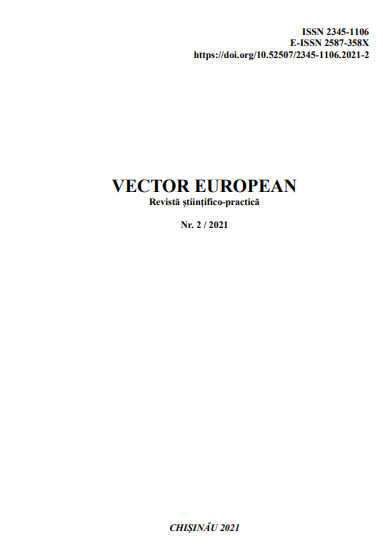DIMENSIUNI TEORETICO-FILOSOFICE ALE NOȚIUNII DE LIBERTATEA DE CONŞTIINŢĂ
THEORETICAL-PHILOSOPHICAL DIMENSIONS OF THE NOTION OF FREEDOM OF CONSCIOUSNESS
Author(s): Marcel Cușmir, Nicolae SedlețchiSubject(s): Human Rights and Humanitarian Law, Philosophy of Law, Sociology of Law
Published by: Universitatea de Studii Europene din Moldova
Keywords: individual; society; freedom; conscience; tolerance; freedom of conscience; religious freedom; positive freedom; negative freedom; autonomous consciousness; heteronomous consciousness;
Summary/Abstract: The freedom of conscience is a fundamental freedom, which belongs to the nature of the human being. The degree of protection of this freedom determines the essence of any political regime, the violation of freedom of conscience being the main indicator of a totalitarian regime. Contrary to apparent simplicity, the freedom of conscience is a complex and multidimensional notion. For centuries, philosophers, historians and lawyers have given multiple meanings to its theoretical perception. However, the components of this notion, such as "freedom" and "consciousness", have always been considered as conjugate and interdependent. The content of the concept of the "freedom of conscience" does not appear as a mechanical sum of components, but has its own meaning, determined by its multidimensional nature. The complexity of the category of the freedom of conscience conditions the possibility to identify several aspects of it: ethical-moral, philosophical, sociological, political, atheistic, religious and legal.
Journal: Vector European
- Issue Year: 2021
- Issue No: 02
- Page Range: 13-19
- Page Count: 7
- Language: Romanian

